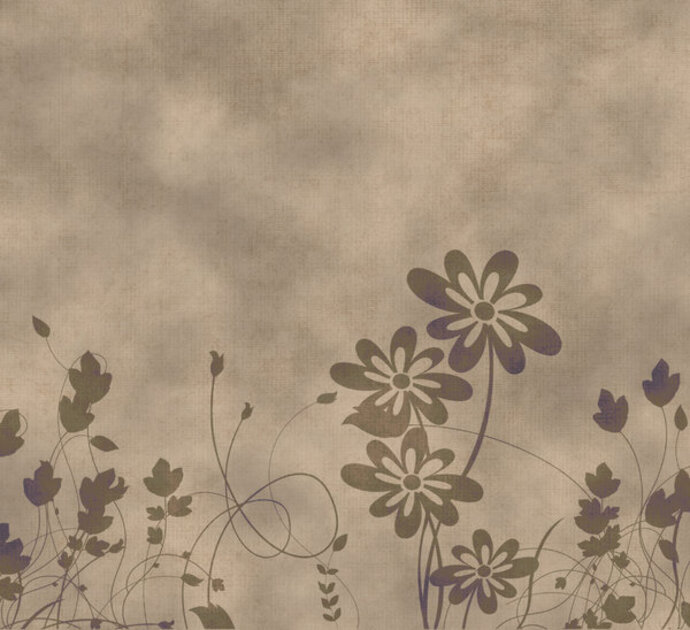
In our Gemara on Amud Beis, Reish Lakish offers a proof text that sages benefit from a divine shield and watchtower protecting them:
“I am a wall and my breasts are like towers” (Song of Songs 8:10), which may be explained as follows: “I am a wall”; this is referring to the Torah. “And my breasts are like towers. These are Torah scholars, who are as towers, and do not require additional protection.”
These protections are not only physical, but also moral and spiritual.
Rav Yisrael Salanter (Ohr Yisroel 30) speaks of three levels of divine inspiration in developing a sense of service toward God, inspired by Torah study. The first stage involves becoming awakened to recognize his moral deficiencies. The second stage is acting on that inspiration to resist temptation to behave immorally. The final stage is to have a developed and refined character, whereby he rejoices in following the will of God.
Representative of these three stages are the three ways in which the Gemara describes the benefits of Torah on morality. The Gemara (Avodah Zara 3b) describes Torah as the source of life, like water is to a fish. This represents the first stage, an inkling of an awareness that there is a basic need, a thirst if you will, for a necessary resource, which is the Torah. The Gemara (Kiddushin 30b) describes Torah as a medicine and cure, which is representative of the second stage, where the healing of the soul begins, by willfully overcoming temptations and urges to behave immorally. Finally, our Gemara calls Torah a wall, acting as the firm barrier, which is the third stage, when character is corrected so the violations are not even a temptation.
As an example of how these stages of awareness can occur psychologically, imagine the following scenario: A person first notices through Torah study the damage caused by rage and realizes that he has an anger problem . This leads him to aspire to behave better. From that recognition, he goes on to overcome his temper and react with more patience and acceptance, which is the second stage. However, he still has to fight and overcome his temper. The final stage involves correcting the root cause of the anger, such as impulsivity, arrogance, entitlement or lack of empathy.
Of course, Torah is not a panacea and sadly, we occasional hear of individuals devoted and knowledgeable of Torah who commit terrible transgressions. Yet, our tradition is that the method of study, analysis of the legal details of Torah civilization leads to inspiration and inner change. We will see more about this in our next blog post, Psychology of the Daf, Bava Basra 8.
Translations Courtesy of Sefaria, except when, sometimes, I disagree with the translation ![]()
If you liked this, you might enjoy my Relationship Communications Guide. Click on the link above.
Rabbi Simcha Feuerman, Rabbi Simcha Feuerman, LCSW-R, DHL is a psychotherapist who works with high conflict couples and families. He can be reached via email at simchafeuerman@gmail.com
 Previous
Previous

